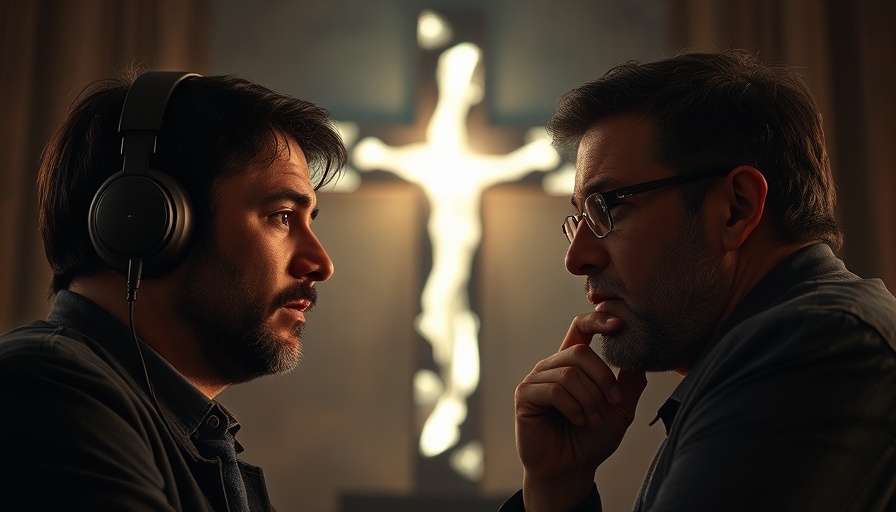
Celebrating Two Decades of Critical Thinking: Exploring the Impact on Faith and Education
For the last twenty years, an increasing emphasis has been placed on critical thinking in education and personal beliefs, especially within faith communities. As societies evolve, so too does the demand for individuals to think critically, make informed decisions, and engage meaningfully with their beliefs. With educational systems worldwide adapting, this reflects not just a trend but a necessity for all generations—believers and skeptics alike.
Why Critical Thinking Matters
Critical thinking, understood as the ability to engage in reflective and independent thinking, is essential not only in academia but also in life choices, including spiritual ones. The growth of discussions around critical thinking in religious contexts mirrors national educational goals emphasizing its importance. As noted in various studies over the years, particularly reflecting on trends in critical thinking research, there is an undeniable need to equip everyone, especially youth and education leaders, with the skills necessary to analyze and determine their beliefs in a nuanced way.
Insights from Two Decades of Research
Over the last two decades, research has shown that the ability to think critically is linked to better educational outcomes. Recent bibliometric analyses have shown a steady rise in publications focusing on critical thinking strategies and their applications across various fields, including religious education. The Association of American Colleges and Universities emphasizes critical thinking as a key outcome, further underscoring its integration into curricula globally. This intersection of faith and academia has fostered environments where believers can engage skeptics with rational discourse and evidence-based understanding.
Equipping Future Generations
Leaders in faith communities, alongside educators, are encouraged to adopt frameworks that incorporate critical thinking into their teachings. This enables individuals to dissect their beliefs and understand conflicting perspectives, thus promoting a healthier dialogue between different faiths and secular viewpoints. As highlighted in recent discussions, empowering the youth with critical thinking skills could lead to a generation that embraces diversity of thought while strengthening personal faith.
The Role of Community in Fostering Critical Thinking
The outlook on fostering a culture of critical thinking is not solely the responsibility of educational institutions; communities play an equally crucial role. Engaging discussions within families, churches, and community groups can help normalize critical inquiry as a part of faith life. When parents and educators encourage young people to question and think through their beliefs critically, it builds a resilient faith that can withstand the tests of modern skepticism.
Where Are We Headed? Future Trends in Faith and Reason
Looking ahead, it is vital that the conversation surrounding critical thinking within faith contexts continues to evolve. Future trends suggest that as global education reforms prioritize critical thinking, so will the approaches showcased in religious education. This could lead to a renewed engagement where believers feel empowered to articulate their faith thoughtfully and skeptically, creating spaces for dialogue that bridges gaps between faith and reason.
As we reflect on these insights garnered from two decades of research and discussion, it becomes clear that critical thinking will remain a cornerstone of education and personal faith moving forward. For believers looking to strengthen their faith amid a culture often skeptical of tradition, embracing these insights now can pave the way for a more inclusive and thoughtful religious discourse.
Join the conversation: How has critical thinking impacted your faith journey?
 Add Row
Add Row  Add
Add 








Write A Comment